
Transcription
NGR VI: Footnotes
An eye-opening remark from a former aide to President Richard Nixon pulls back the curtain
on the true motivation of the United States war on drugs.
John Ehrlichman, who served 18 months in prison for his central role in the Watergate scandal,
was Nixon's chief domestic advisor when the president announcend the "War On Drugs" in 1971.
The administration cited a high death toll and the negative social impacts of drugs to justify
expanding federal drug control agencies. Doing so set the scene for decades of socially and
economically disastrous policies.
Journalist Dan Baum wrote in the april cover story of Harper's about how he interviewed
Ehrlichman in 1994 while working on a book about drug prohibition. Ehrlichman provided some
shockingly honest insight into the motives behind the drug war. From Harper's.
"You want to know what this was really about?" he asked with the bluntness of a man who, after
public disgrace and a stretch in federal prison, had little left to protect. "The Nixson
campaign in 1968, and the Nixon White House after that, had two enemies: the anti-war left and
black people. You understand what I'm saying? We knew we couldn't make it illegal to be either
against the war or black, but by getting the public to associate the hippies with marijuana
and blacks with heroin, and then criminalizing both heavily, we could disrupt those communities.
We could arrest their leaders, rais their homes, break up their meetings, and vilify them night
after night on the evening news. Did we know we were lying about drugs? Of course we did."
In other words, the intense racial targeting that's become synonymous with the drug war wasn't an
unintended side effect - it was the whole point.
Quote from Baum's "Legalize It All", Harper's April 2016 issue.
Other posts by this author
|
2023 jun 11

|
2023 may 31

|
2023 may 4
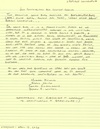
|
2023 may 1

|
2023 apr 30
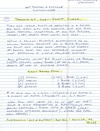
|
2023 apr 19
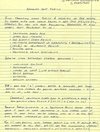
|
More... |
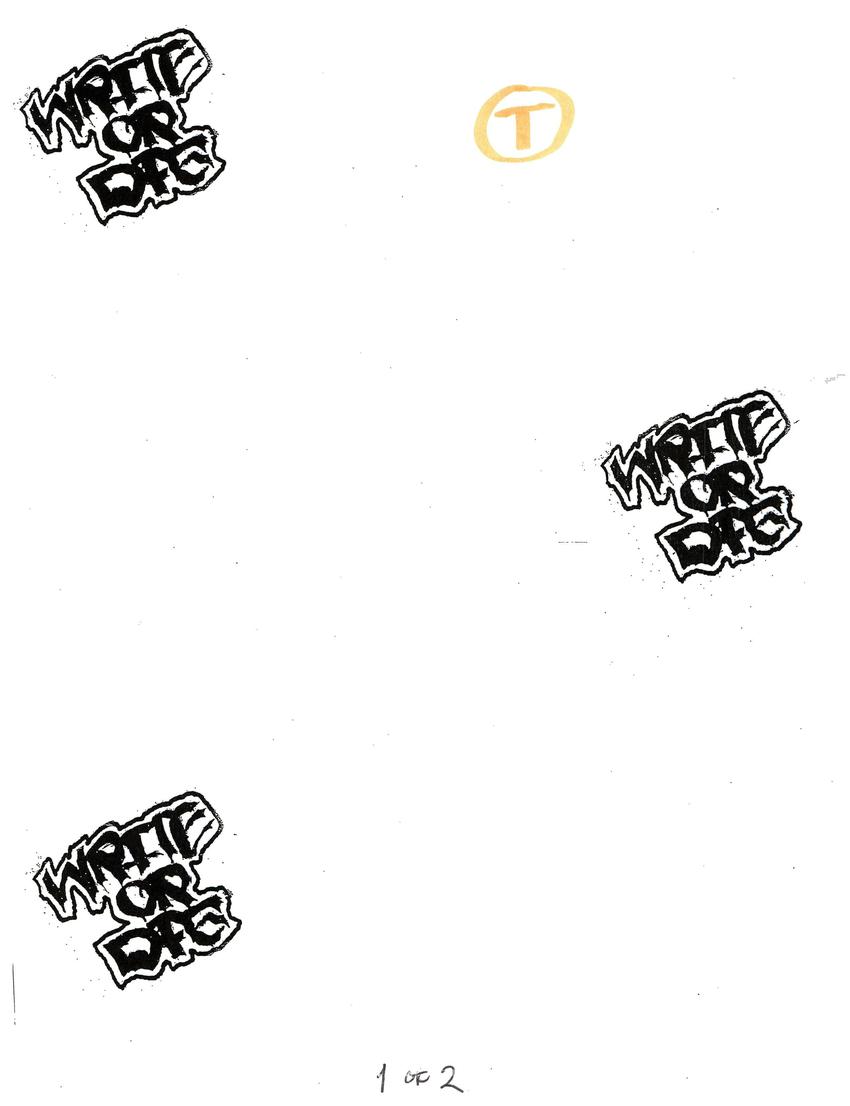
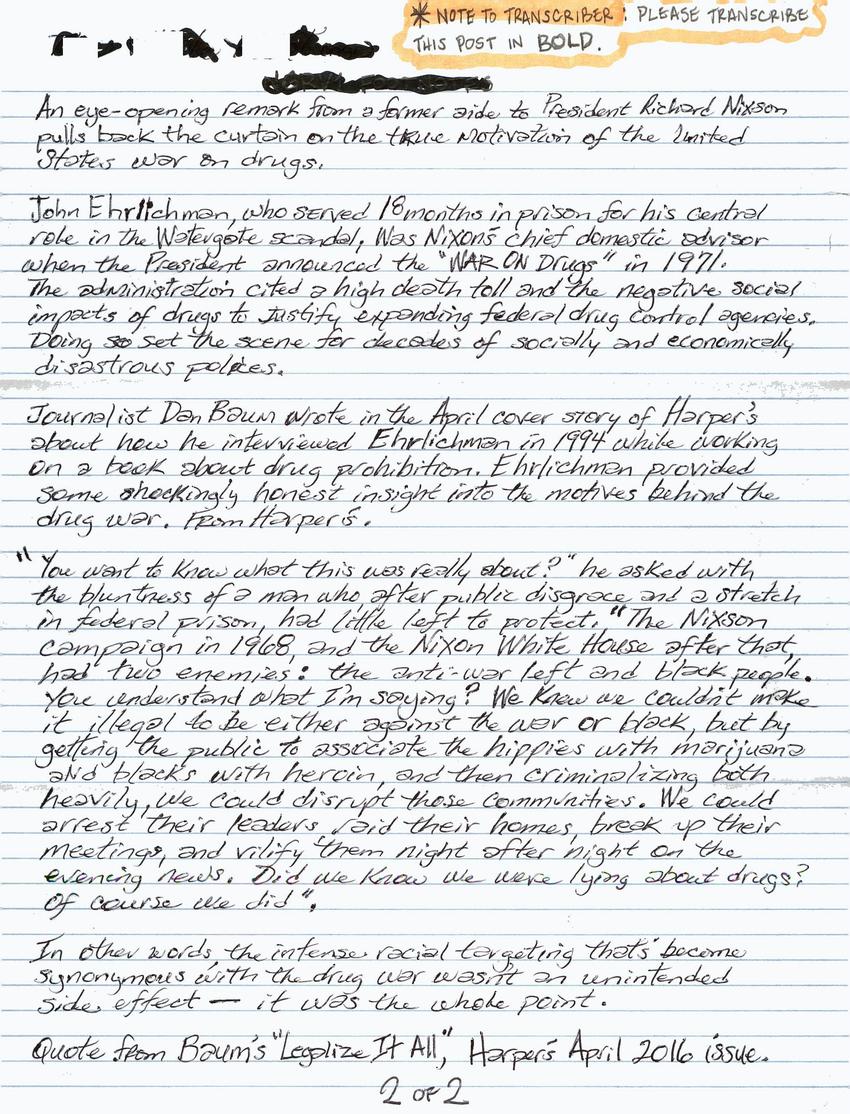

Replies (2)
An eye-opening remark from a farmer aide to President Richard Nixon pulls back the curtain
on the true motivation of the United States war on drugs.
John Ehrlichman, who served 18 months in prison for his central role in the Watergate scandal,
was Nixon's chief domestic advisor when the president announcend the "WAR On Drugs" in 1971.
The administration cited a high death toll and the negative social impacts of drugs to justify
expanding federal drug control agencies. Doing so set the scene for decades of socially and
economically disastrous policies.
Journalist Dan Baum wrote in the April cover story of Harper's about how he interviewed
Ehrlichman in 1994 while working on a book about drug prohibition. Ehrlichman provided some
shockingly honest insight into the motives behind the drug war. From Harper's.
"You want to know what this was really about?" he asked with the bluntness of a man who, after
public disgrace and a stretch in federal prison, had little left to protect. "The Nixson
campaign in 1968, and the Nixon White House after that, had two enemies: the anti-war left and
black people. You understand what I'm saying? We knew we couldn't make it illegal to be either
against the war or black, but by getting the public to associate the hippies with marijuana
and blacks with heroin, and then criminalizing both heavily, we could disrupt those communities.
We could arrest their leaders, rais their homes, break up their meetings, and vilify them night
after night on the evening news. Did we know we were lying about drugs? Of course we did."
In other words, the intense racial targeting that's become synonymous with the drug war wasn't an
unintended side effect - it was the whole point.
Quote from Baum's "Legalize It All", Harper's April 2016 issue.